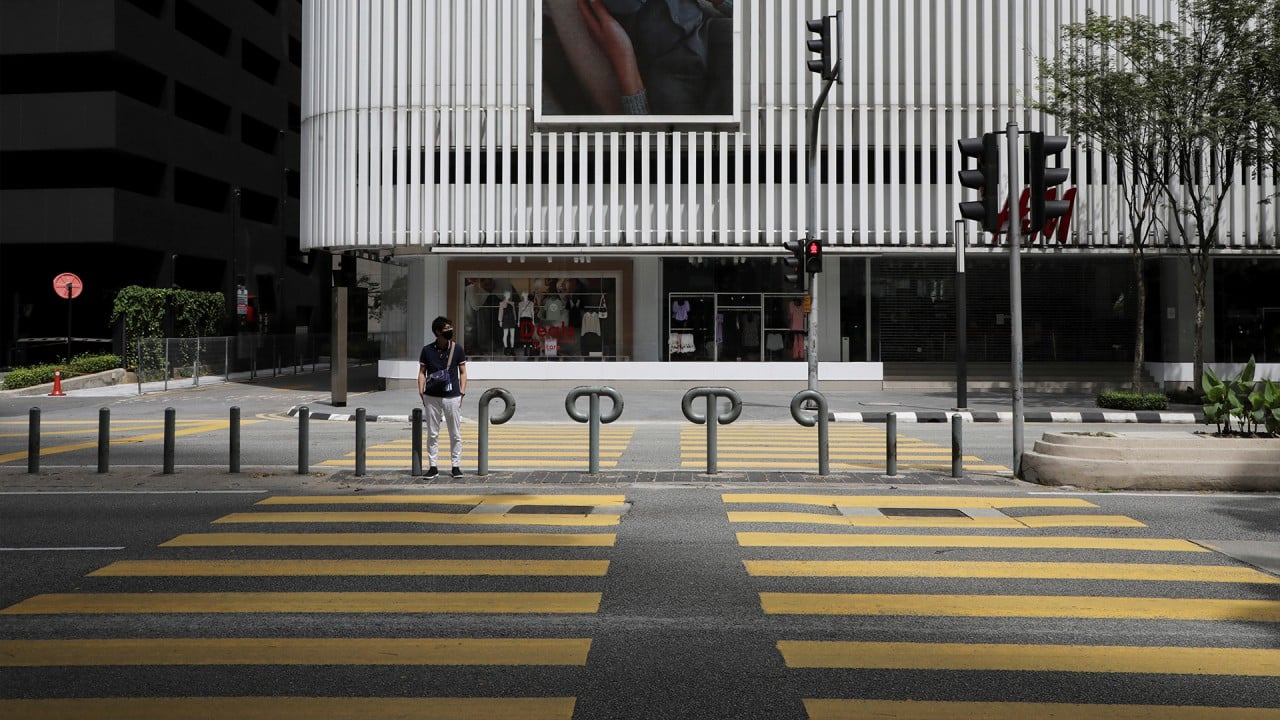A year after its first coronavirus case, Malaysia’s contact-tracing efforts are falling dangerously short
- After more than 180,000 cases and two nationwide lockdowns, public health experts are concerned that close contacts and infections are being missed
- A health policies specialist says the country’s contact tracing is not fast or comprehensive enough even for an influenza pandemic, let alone Covid-19

People who have tested positive for the disease have taken to social media to complain that they had not yet been contacted by health officials, while contact-tracing applications such as MySejahtera and SELangkah are overwhelmed, with reports indicating that thousands of close contacts are potentially being missed on a daily basis.
“MySejahtera is supposed to help facilitate contact tracing, but as we continue to hit four-digit [increases in] cases on a daily basis, it’s not clear that contact tracers are able to make full use of the data collected by the app for contact tracing. They likely have to resort to doing manual contact tracing, which can be a tedious task,” said Nazihah Noor, a public health researcher at the Khazanah Research Institute.
In a media briefing on Monday, the health ministry told reporters that issues with the system had been addressed, and that there would be closer monitoring of close contacts via the MySejahtera app and therefore fewer delays.
But experts are adamant that a drastic overhaul of digital contact tracing is needed, although an already burdened health care system – which the nation’s top health official recently described as being at “breaking point” – may be unable to deputise staff to tracking down potential Covid-19 cases.

02:51
State of emergency in Malaysia as country fights third wave of Covid-19 with fresh lockdown
According to Nazihah’s estimates, Malaysia would require about 10,000 physical contact tracers as it works to upgrade its MySejahtera system – or about 30 tracers per 100,000 people. She said the numbers could be made up by civil service personnel seconded to the health ministry, or through community volunteers, as “this would free up existing health professionals to do more specialised activities”.
